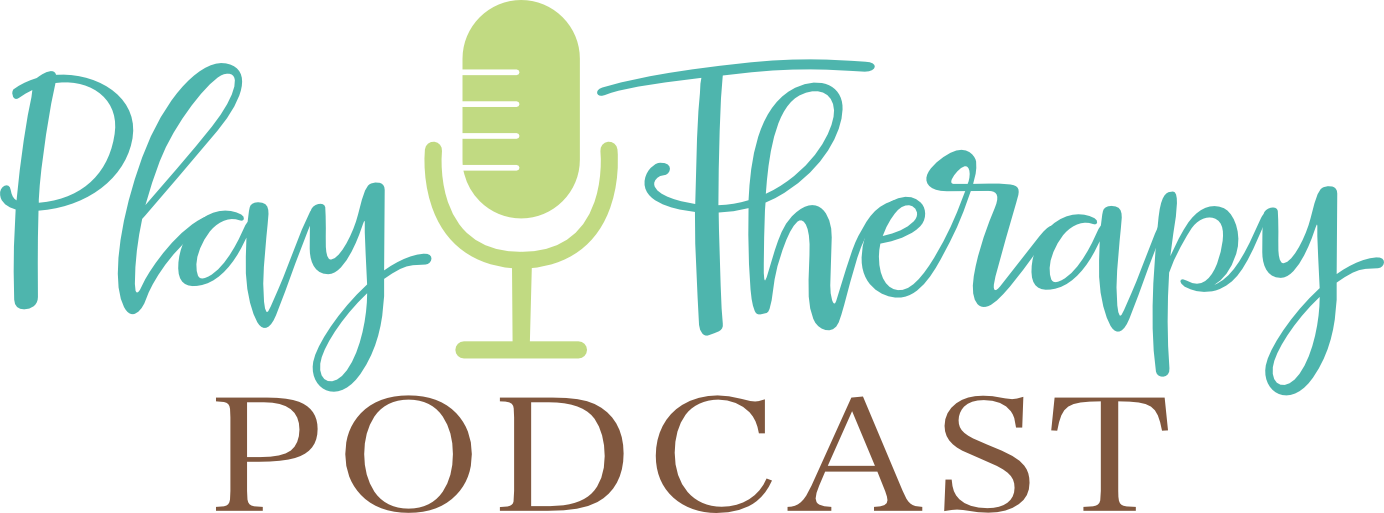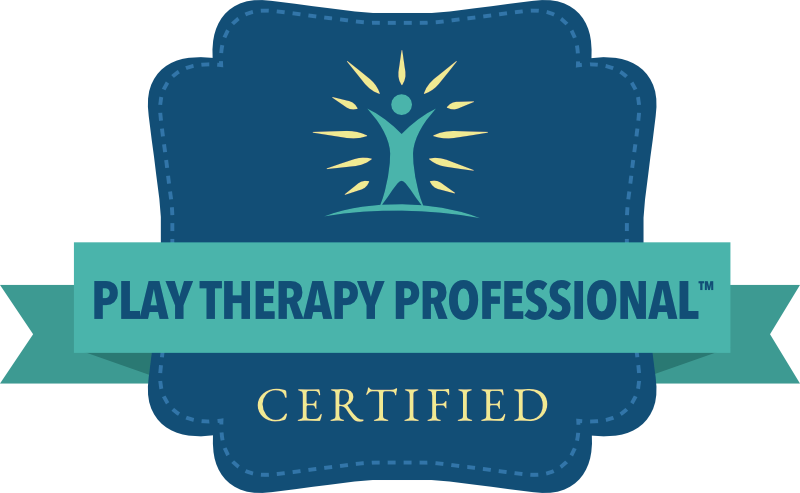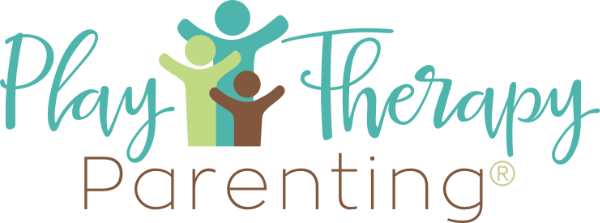Reverse Pandora’s Box: Understanding Progress and Regression in Child-Centered Play Therapy
In today’s episode, I start the first episode in a new series on advanced CCPT concepts. Today I’m discussing a metaphor/story that I tell parents during consultations that I refer to as the Reverse Pandora’s Box. This idea is crucial for understanding the natural process of regression and progress in therapy. Drawing from the mythological story of Pandora’s Box, where once opened, it unleashed uncontrollable chaos, I discuss how the reverse is true in child-centered play therapy. Children, after gaining new coping skills, resilience, and emotional vocabulary, may exhibit regressive behaviors, which does not indicate a loss of progress but rather a reevaluation of old patterns. This episode explains why children might revisit previous behaviors and how this reflects their integration of new skills and readiness to move forward. This metaphor offers reassurance to parents, emphasizing that regression is not a step back but a part of the child’s journey towards lasting change and growth. Join me as we explore how to support children through this process, ensuring parents understand that their child will never start over from square one because of the enduring impact of therapy.
Ask Me Questions: Call (813) 812-5525, or email: [email protected]
Brenna’s CCPT Hub: https://www.playtherapynow.com
CCPT Collective (online community exclusively for CCPTs): https://ccptcollective.com
Podcast HQ: https://www.playtherapypodcast.com
APT Approved Play Therapy CE courses: https://childcenteredtraining.com
Twitter: @thekidcounselor https://twitter.com/thekidcounselor
Facebook: https://facebook.com/playtherapypodcast








